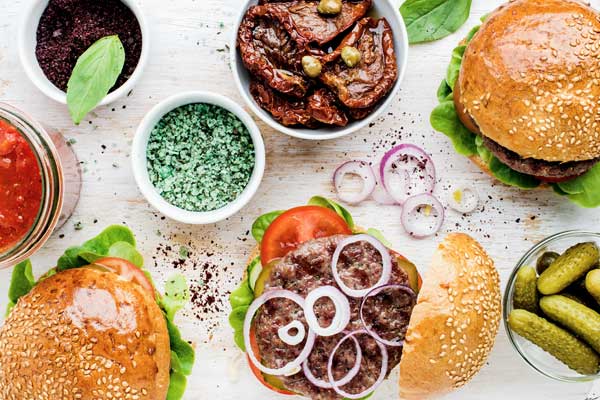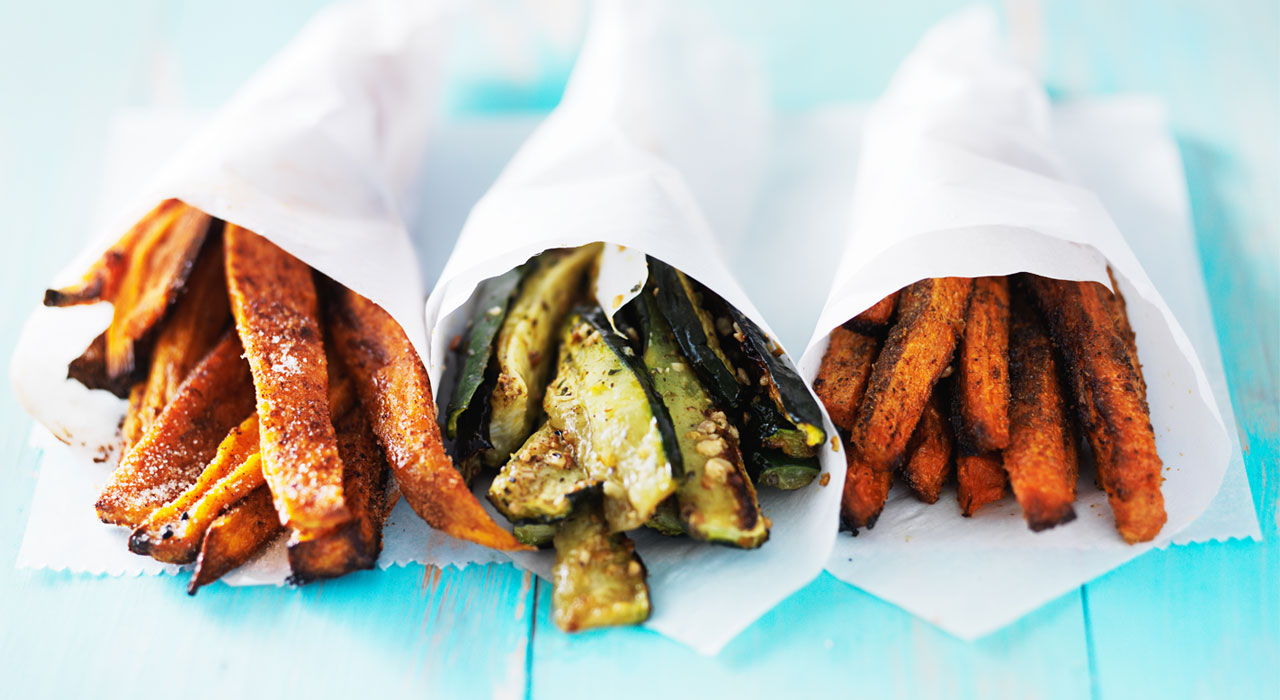Nutrition
How To Master Cheat Day
Sticking to a diet is no easy feat. Chicken and veggies might be exciting for the first week of your new diet, but after a while it can get boring and cookies start looking more and more irresistible.
Research found that one in four Brits are likely to surrender to their favorite foods within the first month of their nutritional regime and the story across the sea isn’t far off.
This is where ‘cheat days’ come in. Allowing yourself to gorge on hearty pasta, glasses of wine and maybe even a slice of cake, is a way that many dieters ensure that they stick it out in the long run. Whether it’s once a week or a few times a month, many wonder, does ‘cheating’ hurt progress and is it possible to ‘cheat’ and achieve fitness goals?
We look into the science of the cheat day and find out whether it will lead to excessive gorging or impressive gains.
The physical effect
One of the main pro-cheating arguments is that planned splurges can have a positive effect on the leptin levels in the body. Great, but what does it mean? Leptin is a hormone that maintains our energy balance.
When we restrict our calories, leptin takes a hit. Introducing a temporary increase of calorie intake can increase leptin production and can cause an rise in motivation, libido and dopamine – cheat day might just lead to a happy day.
Restricting calories has also been shown to affect the thyroid hormone T3, resulting in lowered hormone production and decreased metabolic rate (how many calories you burn in a day). Not ideal when you’re trying to lose weight. Just like with leptin, eating more every so often can help to regulate and reverse some of the effects that your hormones suffer when deprived of calories.
However, some studies suggest that eating too much in a short period of time only increases your metabolism between three and 10 percent over 24 hours. Those extra calories might not be worth such a small boost.
What should I be eating?
Cheat days aren’t an excuse for you to binge on a large Domino’s pizza – sorry! When you’re planning your nutritional break, you should opt for foods that increase leptin. One study found that overeating on a high protein diet increased resting metabolism whereas binging on a low protein diet didn’t.
Other studies have shown that resting metabolism is only boosted when you increase your complex carb intake. This means that fatty foods like pasta and chips won’t help, but sweet potatoes, bananas and brown rice will get the metabolism up. Alcohol is also a no go because it has the opposite effect on leptin.
To summarize, a low-fat, high-carb, high-protein, alcohol-free cheat day is what the research is suggesting – doesn’t sound so care-free, right?

It’s all in the mind
Don’t be too put off though. Our health is more than our physical bodies, our brains need some attention too. Psychologists and nutritionist agree that cheat meals/days can help satisfy cravings and keeps dieters on track.
Apply the 80/20 principle to your personal diet. This is accepting that you’ll only stick to your diet 80% of the time. However, allowing and planning for that 20% means that not only are you less likely to fall off the diet wagon, but you’ll stop associating guilt with certain ‘bad’ foods.
No food is bad and no food is good, it’s about balance, listening to your body and accepting that you can’t eat well all the time. Setting boundaries and rules can help prevent you from going completely rogue while still enjoying a treat every now and then.
The rules
1. Don’t cheat too frequently
Once every two weeks is suggested for people who are just starting out and then that can be reduced to every six days when you’re closer to your maintenance weight.
2. Consider special occasions
Weddings and birthdays are difficult for anyone looking after their health, but it’s important to enjoy life as well. Allow yourself to guiltlessly enjoy the food around you, just limit yourself to one plate rather than splurging on everything in sight.
3. Be smart about your cheat
Low-fat, high-protein, high-carb, no-alcohol. Follow this rule to gain maximum physiological benefits, however a muffin once or twice a month isn’t going to ruin your progress and might be the incentive you need to stick to it in the long run.
4. Know thyself
If you suffer from any health condition such as diabetes or high cholesterol, you need to ensure you’re careful with you cheat days as even a small splurge can have more serious effects on your overall health.
For nutritional advice and more, sign up to the TRAIN for HER newsletter.























